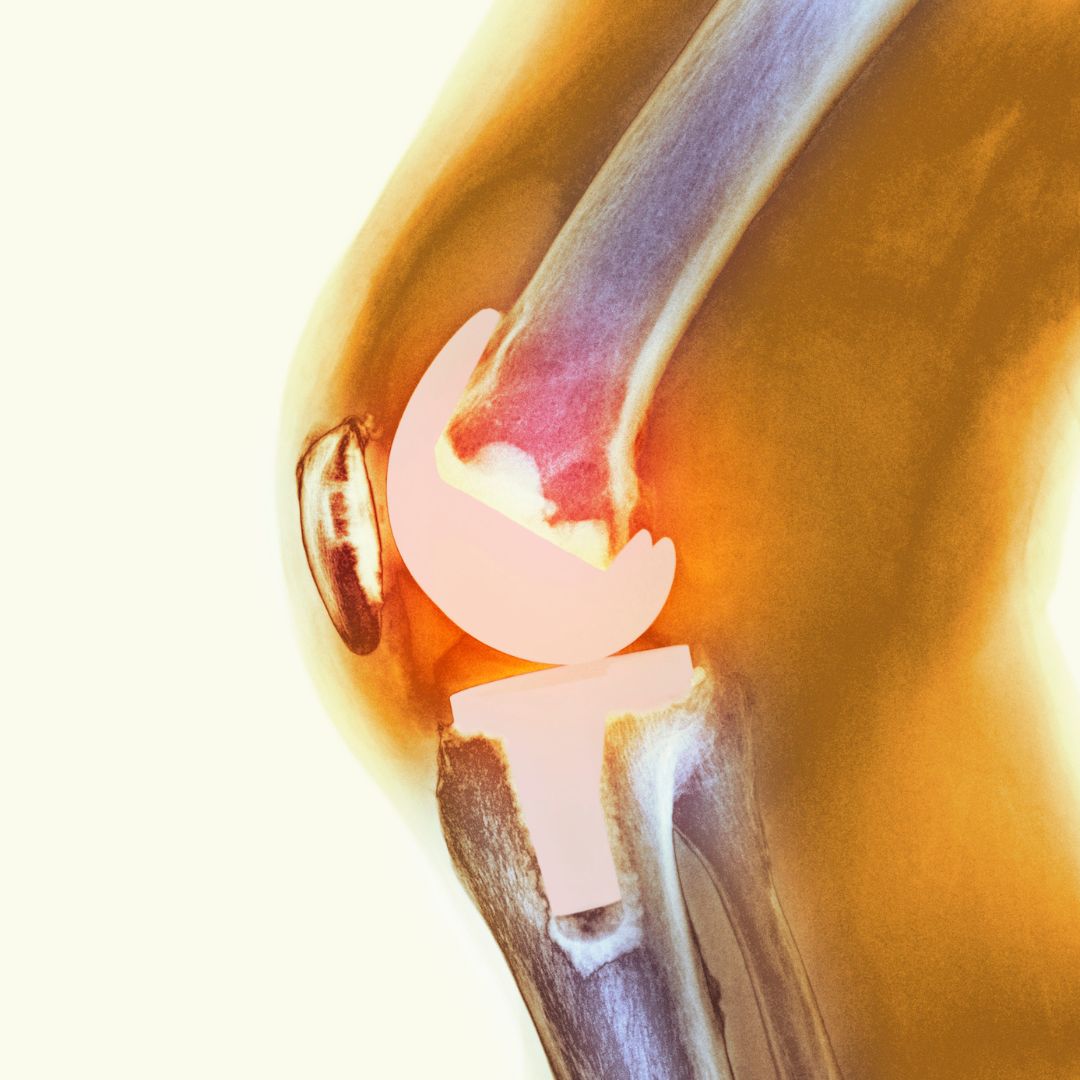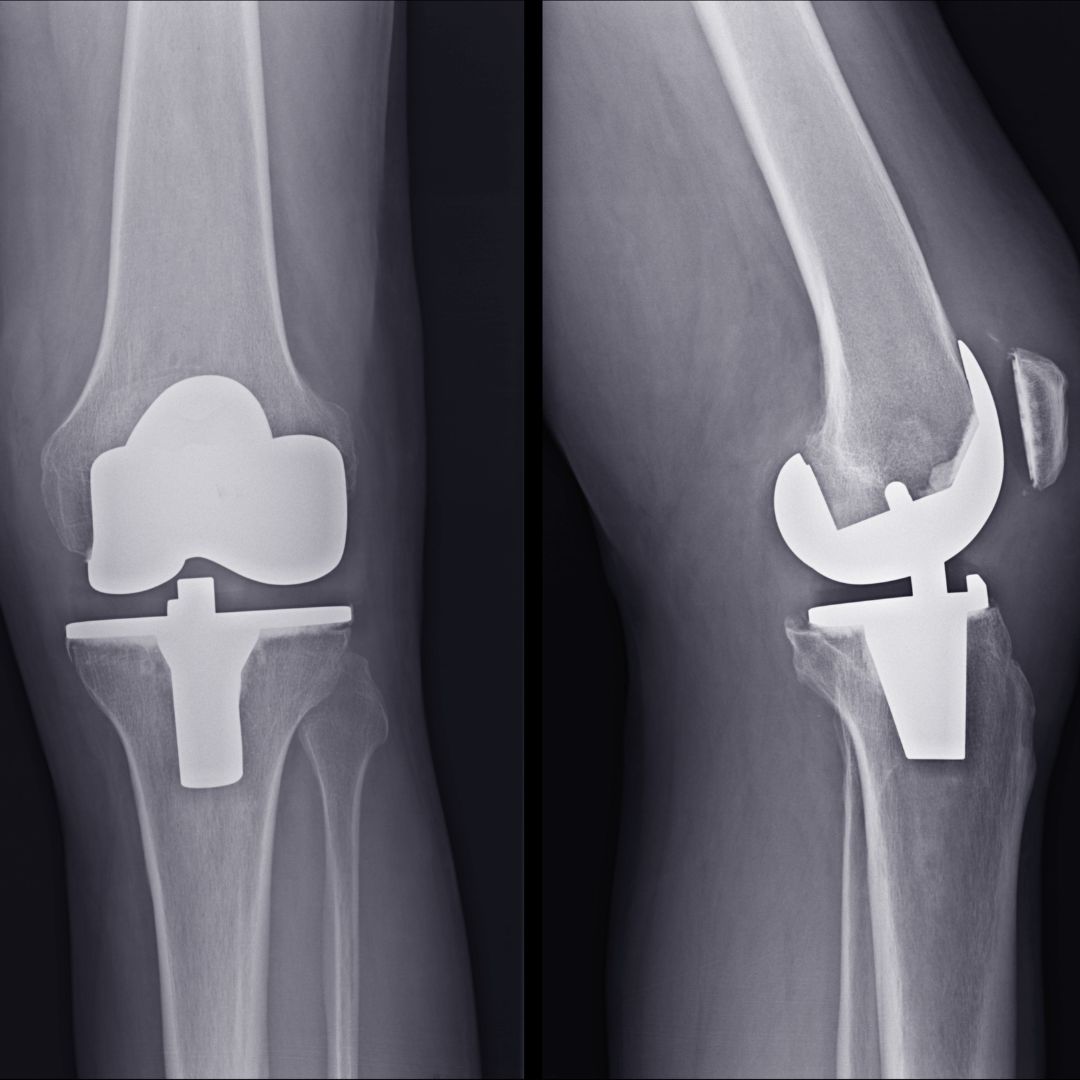Nowadays, everyone is familiar with Arthritis or Osteoarthritis. Due to the change of lifestyle, after a certain age, 70% of people used to suffer from Arthritis or OA- an inflammation of the joints. In Osteoarthritis, in most cases, patients undergo knee replacement surgery. When the symptoms occur in one or both the knees, it can be considered an indication for knee replacement.
Call 77400-33771 for free consultation
In knee replacement surgery, a surgeon used to replace the damaged areas of the knee joint with an artificial knee calla ed Prosthesis. It can help the patients to get relief from arthritis pain. Doctors usually recommend surgery when the pain interferes with the patient’s daily life. Most of the cases, the surgery is performed on people with age 60 years or more.
And when arthritis affects both the knees, there is no way to go through double knee replacement surgery or Bilateral knee replacement surgery.
So, what is bilateral knee replacement surgery?
When arthritis affects the knees and pain becomes unbearable, doctors usually prescribe bilateral knee replacement surgery. In this process, both the knees are replaced through a single surgical process.
The most common cause of bilateral knee replacement surgery are:
- Only one or albeit recovery time
- Fewer days off due to the one recovery phase
(Note: Not every arthritis patient is recommended for bilateral knee replacement surgery. And the surgery can elevate the risk pr long surgical time and more challenging recovery)
So, bilateral knee replacement surgery is recommended for those who are:
- Physically fit
- Overall, in good health
- Fit to undergo therapy and rehabilitation after surgery
Now, bilateral knee replacement surgery can be two types:
When both the knees are replaced at the same time and one single surgical process, that is known as simultaneous bilateral knee replacement.
As a result, there is only one hospitalization and one recuperation time. In some patients, simultaneous bilateral knee replacement surgery increases the risk of medical problems.
Each knee is replaced through two surgical processes at different times, known as staged bilateral knee replacement surgery. The surgery will be performed many months apart from the previous surgery, necessitating two hospital stays, two anesthetic episodes, and two rehabilitation periods. The interval between procedures may vary based on your particular medical condition. Still, most surgeons want you to heal from the first procedure for roughly three months before having the second one.
CContents
Simultaneous bilateral knee replacement surgery
In simultaneous bilateral knee replacement surgery, both the knees are replaced through single surgery. The advantage of this process is:
- One-timeline hospital admission
- One rehabilitation period to regain mobility
Though the recovery period is slower, and risk remains with the simultaneous bilateral knee replacement surgery. Many patients with the age of above 60 years need household assistance to regain mobility and do everyday work.
Another disadvantage of simultaneous bilateral knee replacement surgery is the long surgical period. It takes three to four hours to replace the knees, thus increasing the dose of anesthesia and surgical risks. This is why simultaneous bilateral knee replacement surgery is not recommended for patients with cardiac diseases or any lung infections or diseases.
Staged bilateral knee replacement surgery
Staged bilateral knee replacement surgery involves replacing each knee in two distinct operations. The timing of these operations is a few months apart. The average procedure takes two hours. This tiered strategy enables one knee to heal before the second knee is operated on.
The advantage of Staged bilateral knee replacement surgery is:
- Limited surgical risk and complications
- A shorter period of hospital stay
But, as this process needs two separate surgeries, therefore, overall rehabilitation period becomes longer. So it may delay the recovery period or return to daily activities and lives for the patients. So, you have to be in rest and keep patience with staged bilateral knee replacement surgery.
Now it comes to focus on actual risks related to bilateral knee replacement surgery:
Risks are associated with both simultaneous and staged bilateral knee replacement surgeries. So, before you go through the process, let’s understand the risks:
- Blood clots on the operative site
- Stroke
- Nerve damage
- Failure of artificial joints
- Infection
- Need for blood transfusion
According to the survey, it is seen that people aged 65 years or more are more vulnerable to the risks of bilateral knee replacement surgery. Men are more susceptible to surgical risk and post-surgical complications than women.
After surgery, the most vital period is the recovery phase.
Recovering from double knee replacement
After surgery, you will be taken to the recovery room where you have to stay for a few hours before being shifted to the general ward. In some cases, you may have to stay at the hospital for five to seven days under observation. This is for the staged bilateral knee replacement surgery, but for the simultaneous bilateral knee replacement process, the time may increase to 10 days.
Your doctor will keep an eye out throughout hospitalization for any indications of infection, blood clots, and other potential consequences. Additionally, your doctor will demonstrate low-intensity exercises that can help with knee recovery and mobility.
The goal of physical therapy is to help you gradually return to normal knee movement, possibly as soon as a few hours after surgery.
The average duration of physical therapy programs is 6 to 12 weeks, though this might vary depending on your progress and physical condition beforehand.
To increase mobility, your physical therapy regimen may include a walking schedule and various knee-strengthening exercises. It will also help the knee regain motion. During this period, it should be necessary for the patient to follow all instructions given by the doctor and physical trainer. Adherence can help to recover entirely from the bilateral knee replacement surgery.
Most of the patients used to recover within 12 months, but the time may vary depending on the overall health conditions and age.
So, despite the risk and complications, Bilateral knee replacement surgery is often successful. So, if you are thinking of going through the process, call us at 7740033771.












Comments